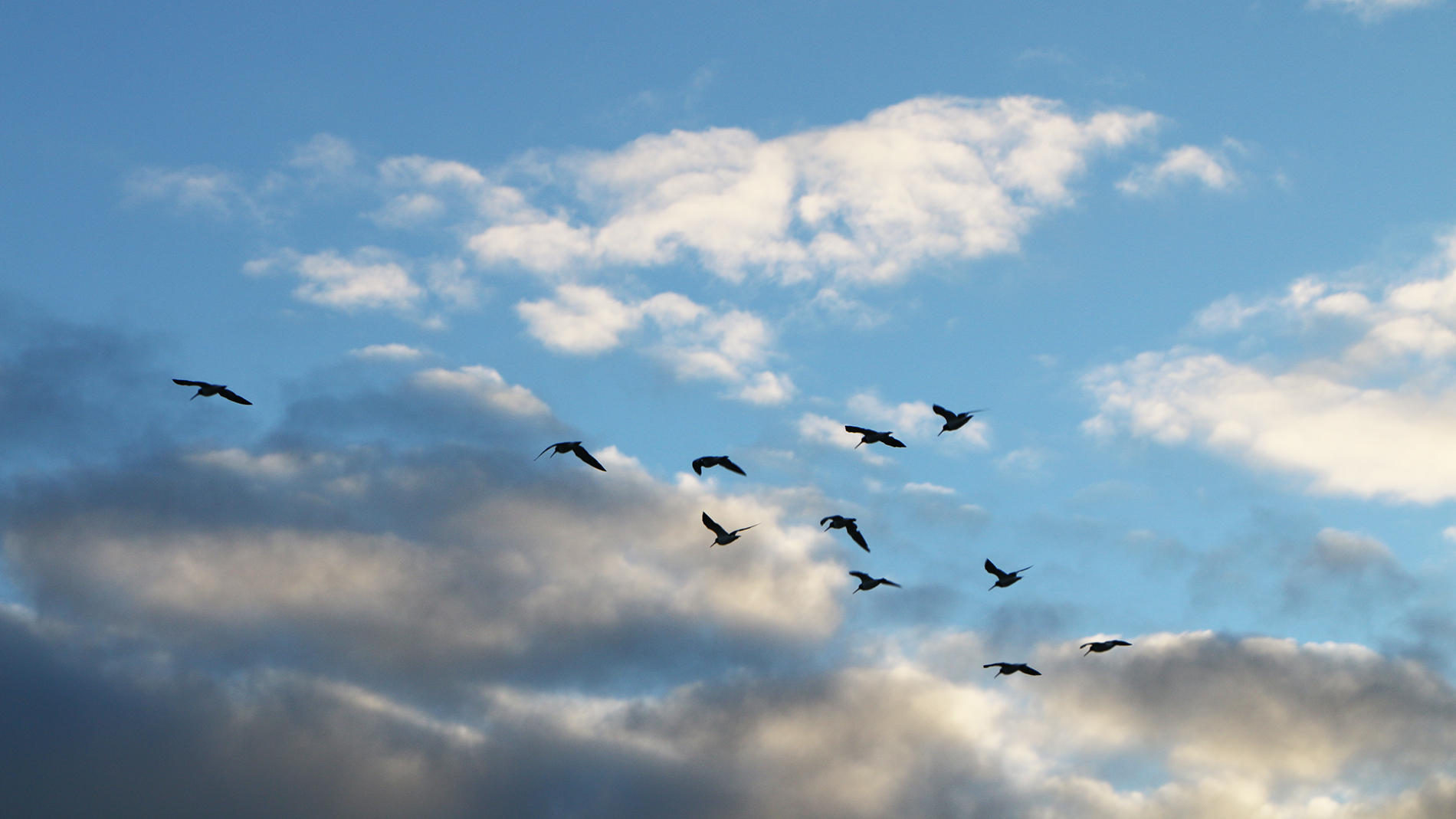To Māori, air is a taonga or treasure. The Waikato region generally has good air quality, but some areas experience air pollution. Māori are concerned about effects of pollutants on health, the environment and the spiritual values of other taonga.
Air is viewed as a taonga derived from Ranginui (the sky father). Māori legend tells that following the separation of Ranginui and Papatūānuku (the earth mother) their child Tawhirimatea fled with Ranginui to his new home in the sky. From there Tawhirimatea controls the wind and elements.
Air pollution degrades and lessens the mauri or life-force of this taonga. It also affects the mauri of other taonga, for example plants and animals, as all living things need air and all things share the same air.
It’s important to Māori to exercise kaitiakitanga to protect and maintain the mauri of taonga.
Tangata whenua in the Waikato region are concerned about the health effects of:
- the increasing emission of contaminants into the air
- depletion of the ozone layer and high levels of solar radiation.
Māori are also concerned about the effects air pollution has on:
- customary resources - plants and animals require clear and pure airways. Native plants provide food and natural medicines. In the past, the only thing that disturbed the natural quality of the air was the cooking fires of tupuna.
- visibility - the moon, stars and rainbows are important in Māori mythology. The stars are particularly important as they represent the generations that have passed into the night. The movements of the moon and the lunar calendar help tell the time of year for sowing and harvesting.
- the spiritual values of waahi tapu and other taonga.
Glossary
| Māori term | Definition |
| Kaitiakitanga | Stewardship |
| Mauri | Life force |
| Taonga | Something prized or treasured |
| Tangata Whenua | People of the land |
| Tupuna | Ancestors |
| Waahi Tapu | Sacred site |





To ask for help or report a problem, contact us
Tell us how we can improve the information on this page. (optional)